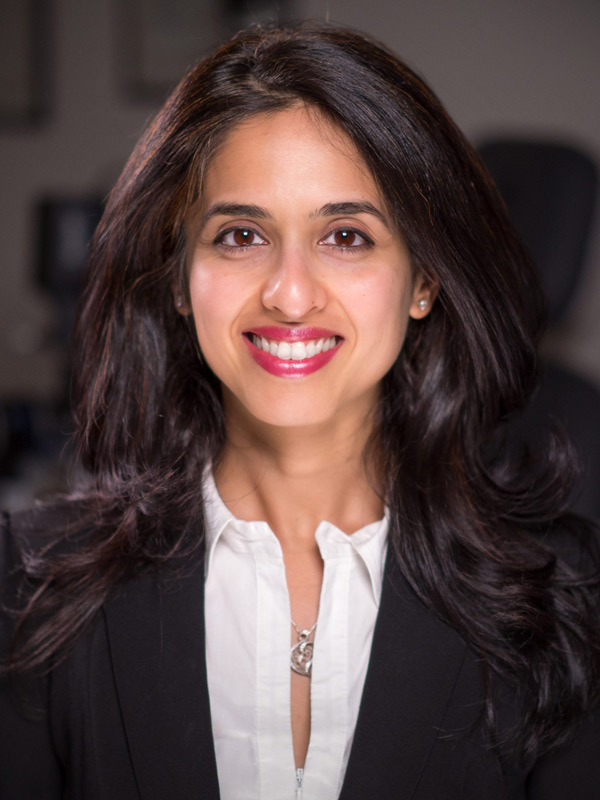What is the difference between LASIK and SMILE?
You may have heard of terms like LASIK and SMILE, but perhaps you don’t know enough about the differences to decide which is best for you.
Laser eye surgery, also known as refractive surgery, is a common procedure that many people undergo to improve their vision. However, there are some differences in the approach, the symptoms they treat and their results.
What is LASIK?
Vision correction is a surgical procedure that is growing in popularity every day. Vision correction is a surgical procedure that is growing in popularity every day. LASIK (laser-assisted in situ keratomileusis) is the second generation of laser vision correction that has been around for almost 20 years.
LASIK only requires less than 30 minutes of treatment time, making it a quick and painless outpatient procedure.1Ekktet Chansue et al, Efficacy, predictability and safety of small incision lenticule extraction (SMILE), Article number 14, Published: 31 August 2015 During the procedure, the surgeon will create a corneal flap, using an excimer laser to reshape the cornea. Then, they will use a laser to reshape the cornea. Finally, they will put the flap back in place, and you will be on your way.
What is SMILE?
One of the great things about SMILE laser eye surgery is that more people are suitable for this than other forms of laser treatment. We use the latest generation of femtosecond lasers called VisuMax® 800 by CARL ZEISS Meditec. A flap-free method that is more gentle and faster than conventional flap-based laser eye surgery.
SMILE, or small incision lenticule extraction, is a newer type of laser eye surgery that has been around for over 10 years. The main difference is that with LASIK we create a flap in the cornea, and with SMILE we make a tiny keyhole incision. Both LASIK and SMILE are effective laser vision correction procedures that can treat refractive errors and improve vision, but also, SMILE causes fewer side effects such as dry eye, and may be safer for people who engage in contact sports or physical work.2Blum, M. et al. (2016a) Five-year results of small incision lenticule extraction (Relex Smile), British Journal of Ophthalmology.
After visual recovery, laser vision correction can significantly reduce your dependence on glasses or contact lenses. However, it’s essential to follow the post-operative care instructions provided by your surgeon.
Discover whether you’re a candidate for vision correction. Take our quick 1-minute self-test to see if you qualify.
Find out if you are suitable for vision correction
Not everyone is eligible for vision correction surgery.
Find out if you could benefit from this life changing surgery by taking the quick self-suitability quiz below:
Our most popular procedures

Hi, I’m Dr Aanchal Gupta, your laser and cataract surgeon in Adelaide
Over the past 10 years, I’ve had the joy of helping thousands of patients of all ages gain clear vision and freedom from glasses and contact lenses.
Laser eye surgery is a skill. Performing vision correction at a world-class standard hinges upon the expertise of your surgeon and their access to state-of-the-art tools.
I understand that getting eye surgery is a serious decision. Your eyes are unique and you should demand a custom solution tailored to your needs, lifestyle and goals. That’s why we offer a free appointment so we can meet and I can take the time to answer your questions and talk through any concerns you have.
I am passionate about helping patients transform their lives. I look forward to spending time with you at our gorgeous eye clinic in the heart of Adelaide to see whether you could gain exceptional vision without the need for glasses or contacts.
Dr Aanchal Gupta
MBBS, M.Med. (Ophth. Sci.), Grad. Dip. (Refract. Surg.), FRANZCO
Expert Laser Eye and Cataract Surgeon
